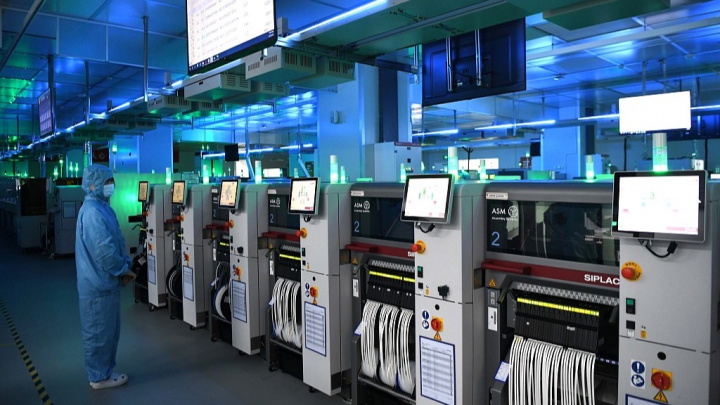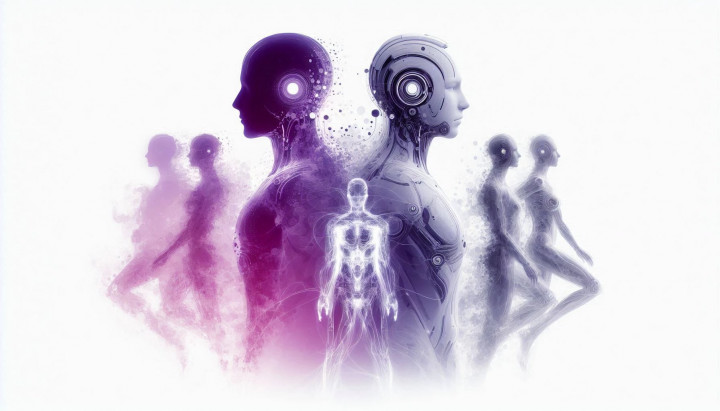Xiaomi Manufactures Phones in the Dark, Without Humans
Xiaomi's groundbreaking "dark factory" in Beijing represents a significant leap forward in automated manufacturing. According to a report by Gizmochina, this fully automated facility can produce 60 smartphones per minute without human intervention, showcasing unprecedented efficiency in the industry.

The 81,000 square meter factory, realized with an investment of 2.4 billion yuan (approximately $330 million), employs advanced robotics, artificial intelligence, and machine learning technologies to autonomously manage the entire production process. This "lights-out manufacturing" design obviates the need for lighting, heating, and other environmental controls typically essential for a human workforce.
Automation extends across component assembly, quality control, and even maintaining a dust-free environment thanks to micron-level dust removal technology. Theoretically, the factory could produce one smartphone per second, translating to 31.5 million units annually if operating continuously. However, the officially confirmed production capacity is 10 million high-end smartphones per year, including upcoming foldable models like the Xiaomi MIX Fold 4 and MIX Flip.
The "dark factory" concept results in significant cost savings through reduced labor costs and the elimination of expenses related to lighting, heating, and cooling. The high precision and consistency of the automated production line also improve product quality and reduce waste, contributing to both economic and environmental benefits.
According to Xiaomi, its smart factory serves as a model for sustainable and efficient manufacturing in the smartphone industry, reinforcing the company's leading position in intelligent manufacturing technologies.
These "dark factories" are likely to become a significant trend in the future, especially in high-tech industries. On one hand, they represent enormous advancements in productivity and cost-efficiency, making them highly attractive to companies.
On the other hand, they could bring serious societal challenges. Consider the transformation of jobs – many factory workers could lose their positions, while the demand for highly skilled technicians and engineers increases. This could exacerbate social inequalities.
From an environmental perspective, it's also a double-edged sword: it might mean less energy consumption (no lights/HVAC for humans) and less waste due to precision, but potentially more intensive use of raw materials for robots and machinery. Perhaps the greatest danger is becoming overly dependent on technology and losing essential human skills in manufacturing. Plus, the complete removal of humans from the process raises ethical questions.
Overall, this appears to be an inevitable direction of development, but careful attention must be paid to managing its negative impacts and preparing society for the changes ahead.





